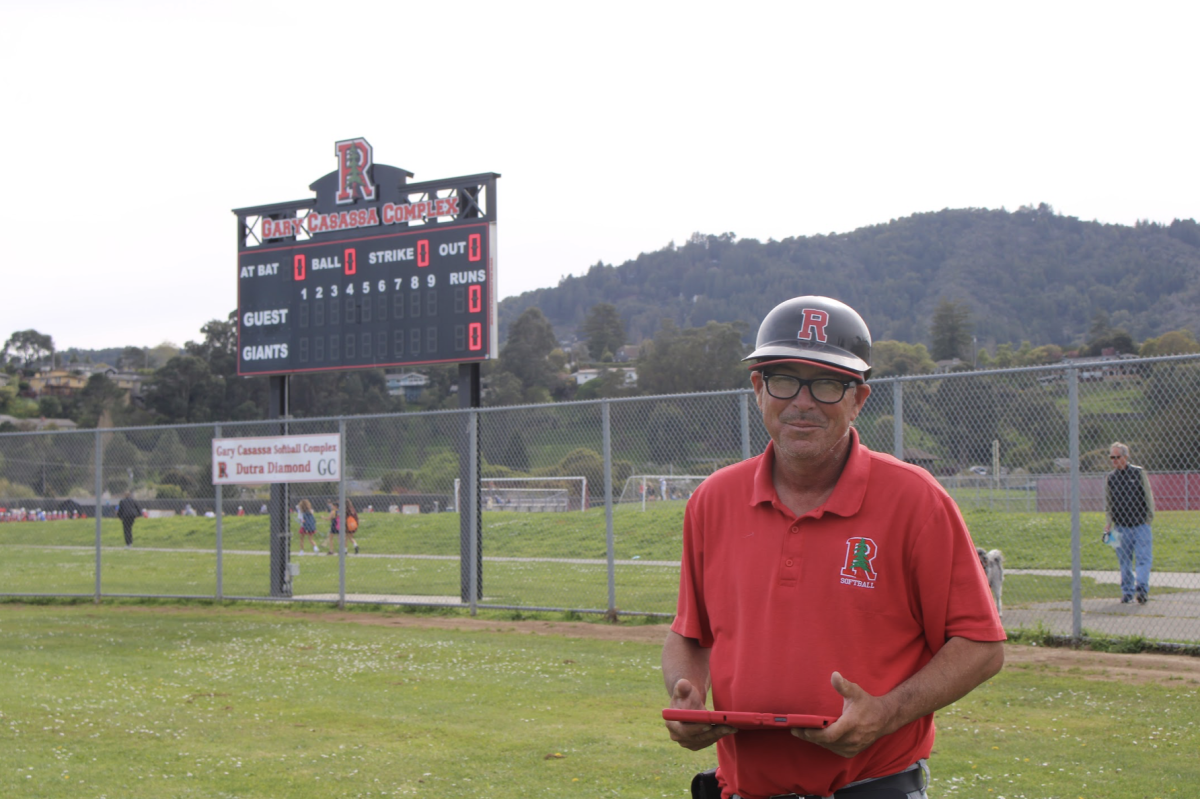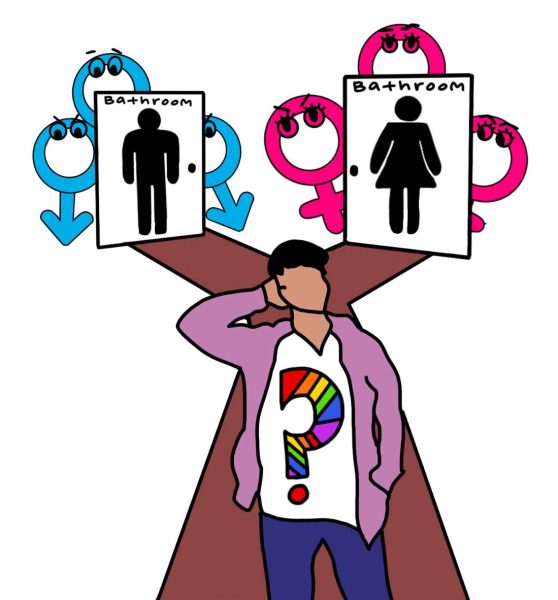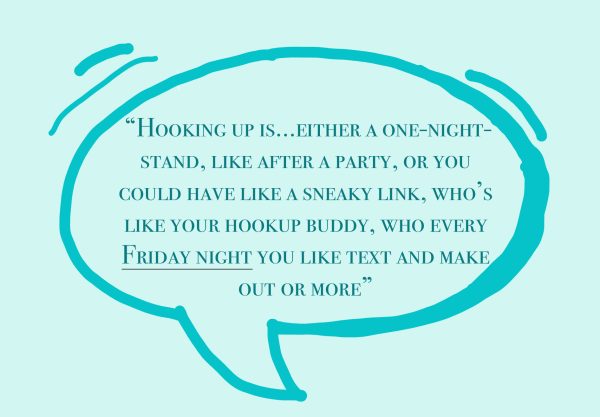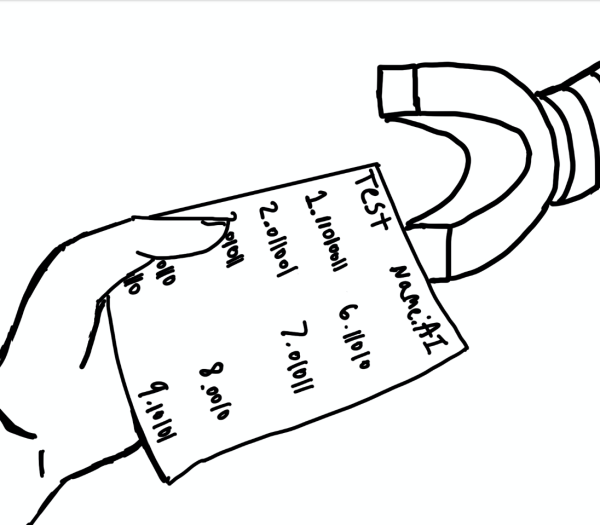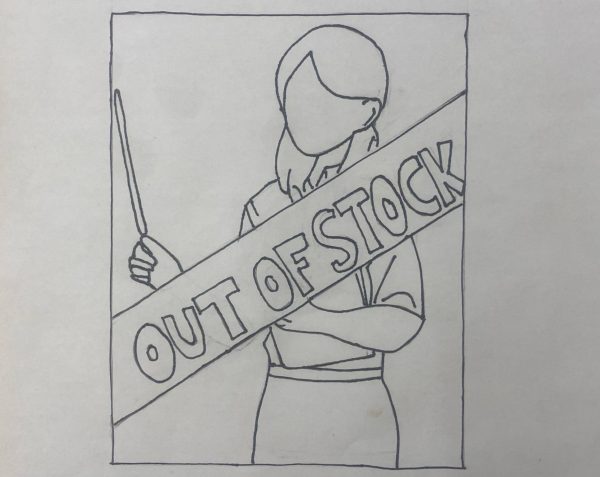Evolution of faith: declining rates of religious conviction among our generation
February 8, 2019
“When I go to church if I’m struggling, I’ll say, ‘Jesus help me, come into my life and fix me.’ Nobody is perfect, it’s not like you’re expected to be perfect,” said sophomore Sarah Cretan, a devout Christian who attends church twice a week. “I want people to know that it’s an open religion. It’s very open despite what people say; it’s one of the most loving and beautiful things that I have in my life.”
Religion is a contentious topic, especially among high schoolers, many of whom are still discovering their version of spirituality. From 2008 to 2017, there has been a 7.8 percent decline in the rate of religious millennials across the United States, with an exponential growth of 6.7 percent in millennials unaffiliated with any religion, according to Pew Research.
Cretan was very open about sharing her perspective on religion, which she says is difficult for her to do on a regular basis.
“It’s really hard because Marin is not a very religious community and not a lot of people are open to religion. Growing up I’ve had trouble with that and I’ve definitely been afraid to be open about my religion,” Cretan said. “Nobody wants to be criticized, called names or branded a ‘Jesus Freak.’ Some people aren’t very open about it; that’s just who they are. I’ve always been a very open person, with other things too, so I’ve always wanted to spread love.”
Cretan trusts her faith and is ardent about God, but religion is polarizing in the eyes of many, including senior Niklas Korn, an atheist/agnostic.
“From a logical standpoint, [religion] doesn’t make any sense. Hominids resembling man have been on this planet for 2 million years, and the world has been around for 4.6 billion years. And in 4.6 billion years of the Earth, there have been a loss of over 99 percent of all species that have ever lived on the planet,” Korn said. “Why would there be a God that would facilitate the death of 99 percent of all species, to come down and pick out one single species of mammal and say, ‘Hey, I created you and now you’re my subject.’ Not only does he control you, but he cares about who you sleep with, in what position and all these ridiculous things.”
Korn’s scientific argument makes a lot of sense to him, and probably many others who have a similar stance.
According to Cretan, she had never noticed a declining trend in religion. Nonetheless, Cretan believes that this trend comes from the fear of the unknown.
“A lot of people shy away from religion because it’s scary to open yourself up to something that you might not even know is there. Sometimes praying is really hard for me because I don’t know if anything I’m praying about is being answered,” Cretan said. “You just have to open your heart. It might not be what you want to hear, but it might be the right thing.”
Senior Angel Valeriano Hernandez Alonzo is a passionate Christian and has also opened himself up to God. He has four tattoos dedicated to his faith. Alonzo says many people have questioned his tattoos in a judgemental manner, but he responds by stating that he believes in God and wants Him to be a part of his life.
“Every single tat I have has a meaning. I put [the tattoos] on me not to brag or show off, but so that people really know who I am and what I’m about,” Alonzo said.
Studies by Pew Research Center have suggested possible explanations for the age gap and decline in religion in younger generations. One of the studies suggests that people naturally become more religious as they age and approach their own mortality. Another points to societies becoming less religious as economic conditions improve and people face fewer anxiety-inducing or life-threatening problems. Therefore, since young people in steadily developing societies generally have easier lives than their elders, they tend to become less religious.
Another contributing factor to the decline in religion is parental pressure, according to Psychology Today. Junior Sarah Conant was raised Presbyterian but does not believe in God. Her parents, however, insist that she go to church.
“Growing up, once I gained my level of independence from my parents, I took a step back and realized that I didn’t necessarily want to go to church and worship a religion that I didn’t believe in … [My parents] believe that it’s a sense of community and it’s a time for me to self-reflect,” Conant said. “For me, church isn’t really that. I think self-reflection and community is very important; I just don’t appreciate it in the context of religion.”
This dilemma of growing up religiously and questioning one’s religion during maturity is common in the millennial generation. Junior Kendall Hermann, like Conant, also grew up Christian and disliked going to church.
“My dad is very religious; he came from a religious family in the midwest. I always went to church when I was little even though I didn’t want to. He still calls us Christian and everything—and I believe I’m Christian—but I haven’t gone to church in about a year and I don’t practice Christianity. I am just Christian,” Hermann said.
According to Pew Research, 60 percent of people interviewed from the baby boomer generation reported that religion is important in their lives and 38 percent attend church weekly. On the other hand, 38 percent of U.S. millennials born in 1990-1996 reported that religion is important in their lives, and 28 percent attend church services weekly. It is probable that the decline in religion is adding to the atheist or agnostic population, where Korn stands.
“There have been hundreds of different religions. What makes one better than the other? All religions, despite their views, have one thing in common: they all have an equal amount of evidence, which is none,” Korn said.
According to Cretan, atheists have questioned her faith in God and constructed arguments against religion by using the Big Bang Theory or citing scientific evidence.
“I always say, ‘That’s what you might believe but this is what I believe.’ When dealing with people who are like that, I always go into it with a positive attitude. If they’re going to be negative, I just say that I’m willing to talk about it. There’s no reason to be negative about it,” Cretan said.
In the current landscape of religion, where people have strong emotions and construct developed arguments, each person is entitled to their own opinion. It can be difficult to be public about beliefs, especially in a world where religion is declining. With their contrasting opinions, each source was respectful of the opposing perspectives on religion. Despite his beliefs, Korn admitted that he believes there is some sort of spirituality, even in science.
“The spirituality in science is the mystery of the universe, the grandness and how incredibly fine tuned the universe is, and how we want to know more about it. That’s where the spirituality comes in, due to the mystery aspect,” Korn said.





